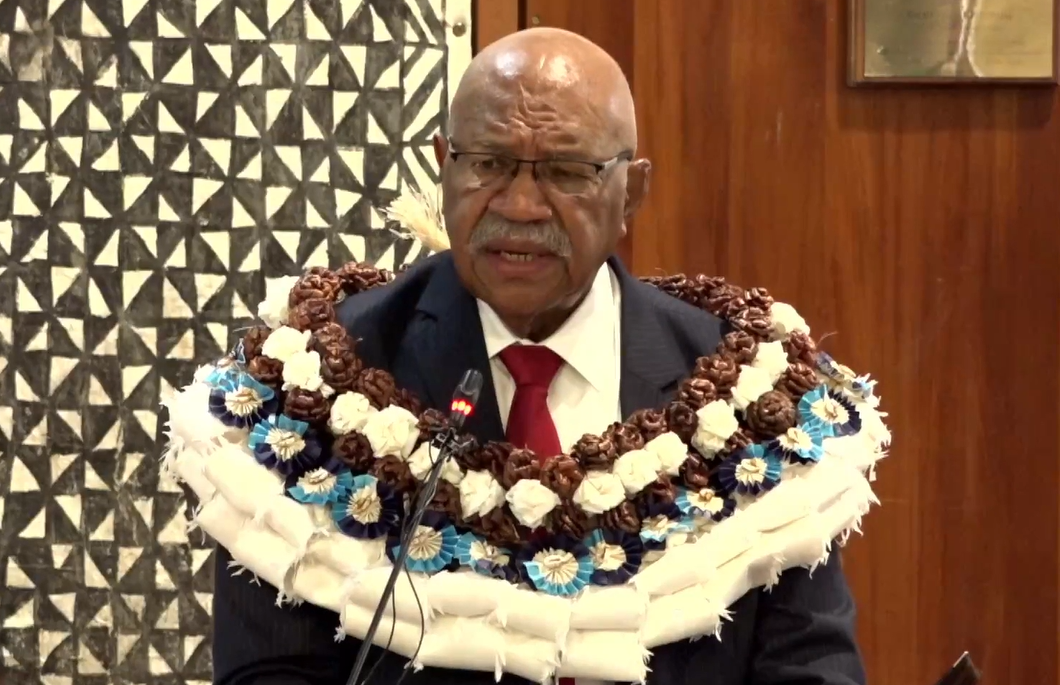THE State has defended Prime Minister Sitiveni Rabuka’s role in the dismissal of former FICAC Commissioner Barbara Malimali, saying constitutional “paralysis” justified his intervention.
This was revealed in a High Court ruling on Monday, where Justice Dane Tuiqereqere granted Ms Malimali leave to pursue judicial review over her removal.
The State argued Mr Rabuka acted lawfully in an exceptional situation where the Judicial Services Commission (JSC) had become inoperative.
According to the State, the Commission of Inquiry into Ms Malimali’s appointment raised serious concerns about the JSC’s functionality, rendering it “constitutionally paralysed”.
They claimed this gave rise to a constitutional necessity, allowing Mr Rabuka to act as a “legitimate temporary substitute”.
The court heard the 2013 Constitution ordinarily required the JSC to recommend appointments and removals of FICAC Commissioners, but the State insisted that section 82 allowed the President to act on advice from Cabinet or a Minister in such circumstances.
State lawyers also dismissed claims of procedural unfairness, saying Ms Malimali had been given “ample opportunity” to respond during the inquiry process.
However, Justice Tuiqereqere found that neither the Constitution nor the FICAC Act explicitly permitted the Prime Minister to bypass the JSC.
“A plain reading of the legislation confers the power on JSC to advise the President on the appointment of the Commissioner of FICAC,” he said.
“It naturally follows that revocation of the appointment must also be on the advice of JSC.
“The respondent argues that the particular circumstances here permitted the Prime Minister to stand in the shoes of JSC and instead advise the President. There is, however, no express provision to this effect.”
Justice Tuiqereqere granted leave to Ms Malimali to proceed with her judicial review.



